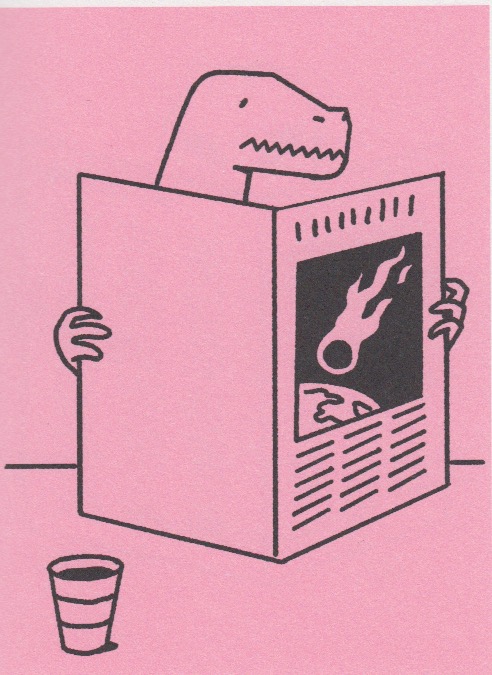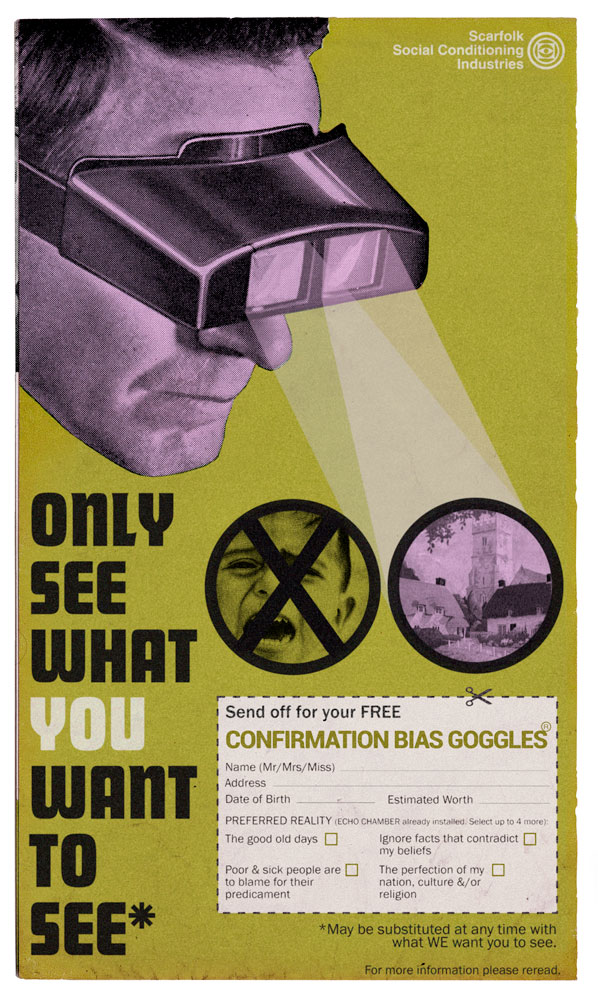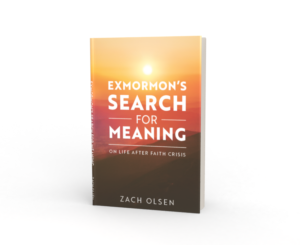
The conclusion of researchers analyzing data on religious trends in 49 countries have found that from about 2007 to 2019, the overwhelming majority of the countries have become less religious. Why? Has demand for the services that religions provide decreased? Demand for things like being part of a community, a sense of meaning and ways to overcome hardship? No, demand hasn’t gone anywhere. In fact, it’s likely that demand for these things are higher now than they have ever been. So why aren’t religions booming?
The researchers claim that it is a demand problem. “As societies develop from agrarian to industrial to knowledge-based, growing existential security tends to reduce the importance of religion in people’s lives, and people become less obedient to traditional religious leaders and institutions.” As existential security increases, demand for religion goes down.
I can see how this explanation makes sense in the case of countries that go from the brink of war to being war-free. If chance is all that stands between a bomb falling on your house or a neighbor’s house, relying on God for existential security seems very reasonable. But the most dramatic shift away from religion hasn’t taken place in countries recovering from war; it’s taken place in America.
“From 1981 to 2007, the United States ranked as one of the world’s more religious countries, with religiosity levels changing very little. Since then, the United States has shown the largest move away from religion of any country for which we have data. Near the end of the initial period studied, Americans’ mean rating of the importance of God in their lives was 8.2 on a ten-point scale. In the most recent U.S. survey, from 2017, the figure had dropped to 4.6, an astonishingly sharp decline.”
My take on why belief in religion is decreasing is that it’s suffering from what business consultant Clay Christensen called “disruptive innovation.”
Religions with followers are at risk from the same threats as businesses with customers. Take Blockbuster video, for example. The movie and video game rental company went from an unchallenged empire in 2000 to bankruptcy in 2010. Was it a decrease in demand for movies and video games that killed Blockbuster? No. Just like religions, the demand for what Blockbuster was offering had never been higher. What killed Blockbuster was it’s inability to adapt its business models to incorporate the disruptive innovation of on-demand streaming.
As defined by the Christensen Institute: “Disruptive Innovation describes a process by which a product or service initially takes root in simple applications at the bottom of a market—typically by being less expensive and more accessible—and then relentlessly moves upmarket, eventually displacing established competitors.” I think the experience of renting a movie at Blockbuster was arguably better than streaming one on Netflix. Perusing the shelves of movies with a group of friends on a Friday night was fun—a lot more fun than the semi-hypnotic state of Netflix analysis paralysis. But Netflix didn’t win because it was better; it won because it was so easy and so inexpensive. As the Christensen Institute explains: “Disruptive Innovations are NOT breakthrough technologies that make good products better; rather they are innovations that make products and services more accessible and affordable, thereby making them available to a larger population.”
Religions, likewise, are good at what they do. A couple thousand years ago in the marketplace of religions, Christianity was the disruptive innovation. In his book, The Triumph of Christianity: How a Forbidden Religion Swept the World, Bart D. Ehrman lays out the innovations that allowed Christianity to out-compete the competition of the time—paganism: Christianity wasn’t closed to women, it embedded social welfare into its doctrines, it claimed ultimate truth that foreclosed devotion to all other deities and also included proselytizing in it’s doctrine. The product on offer was that worldview we all privately crave—one of order and simplicity where you can be in possession of absolute truth and have a final side to stand on. Christianity sold this binary thinking and maintained their customers by positioning themselves as the definitive arbiters of “us versus them.” Religion use to be the source of constant anxiety by inculcating its followers with an ever-growing list of sins. Religion encouraged constant distraction in the form of prayer, scripture reading, required clothing, purity of thought and self-righteous signaling. But despite Christianity’s legacy of disruptive innovation, it’s now clear that it has given up on innovating, leaving the field ripe for the taking.
So what has co-opted these strategies to prey upon our psychological vulnerabilities, weaponizing them to a degree that has left religion in the dust? What is this new disruptive innovation that has stolen religion’s playbook, taken distraction and anxiety to new levels and stolen the hearts and minds away from religious believers? It’s politics.
It’s politicians who have increased the accessibility and affordability of religion’s “simplicity worldview.” Now it’s politics, not religion, that creates the unrest, resentment, and anger as a means to create a population constantly at war with itself, each side deeply believing that the other is not just wrong, but also a sincere threat to their very way of life and survival. It’s now politics that keeps people held down and mesmerized by a persistent parade of seemingly life-or-death debates, each one worth all of our emotional energy in a way religion only wishes it could. Religion invented the conditions for oppression, politics has perfected them.
Is participating in politics on social media better than participating in religion? Hardly. With religion at least you got beautiful architecture and nice music. Politics is simply less expensive and more accessible — no need to go to a church, no tithing payments and no prerequisite to believe in supernatural phenomena. Religion’s adherence to Satan as being the source of evil is laughably passé. Who needs a demonic supernatural being when you’ve got republicans and democrats?
While politicians are eating religion’s lunch, the managers (AKA clergy) of religions insist on playing the game the way it’s “supposed to be played.” The very decision-making and resource allocation processes that are key to the success of religions are the very processes that reject politicized social media: Religions don’t take input from their customers; their adherence to being in possession of “truth” makes the idea of listening to the needs of customers pointless. Truth comes from God, after all, not followers. Meanwhile, politicians constantly mine the data provided to them by social media to understand the fears and concerns of their constituents. With their fingers on the pulse of their opposing political party’s every move, politicians can constantly update their approach while religions refer to an “unchanging” and sketchy two-thousand year old book. While religions continue to feel the need to disparage Satan, politicians invent new sources of evil whenever they need to: immigration, China, gun control, abortion, rioters, whatever.
But, religion isn’t out of the game just yet. It still has a chance to make a comeback. The key to avoid being disrupted is understanding your customers and their needs and adjusting your business model as needed. In short, to not be disrupted you must become the disruptor.
First, religion needs to drop the supernatural stuff. Let go of virgin births, miracles, eternal damnation and an old man in the sky. It makes your offering too inaccessible to too many people. That stuff served its purpose when Religion’s main objective was to get people to collaborate by requiring that everyone prove their allegiance to the tribe by stating that they believed something preposterous (AKA faith).
Next, emphasize that which politics has totally given up on: charity, service, patience, virtue, honesty, integrity, and love. Religions already have a known track record with all of this. Politics is so heads-down on pumping fear and hate into their existing customers that they’ve left the huge under-served markets of compassion, empathy and understanding that are poised to have explosive growth.
The truth is, we need you religion. I need you. I don’t need some guy telling me he speaks for God while citing hermetic texts. I need a community of people coming together to practice kindness to each other fueled by the latest findings in psychology. I need something like those ancient philosophical schools of Greece and Rome, where teachers educated their students on how to live. What do I do about grief, guilt and disappointment? Nobody’s teaching it in schools. How do I cultivate humility, patience and understanding? It’s nowhere to be found on social media.
Religion, you might just be our last hope. Politics is going to ruin us. You got our species pretty far before. Now we need you to get us back on track using the ultimate unstoppable disruptive technology: love.










